Menu
Columns
Showing 3546 Columns
Showing 3546 Columns
May 5th, 2016
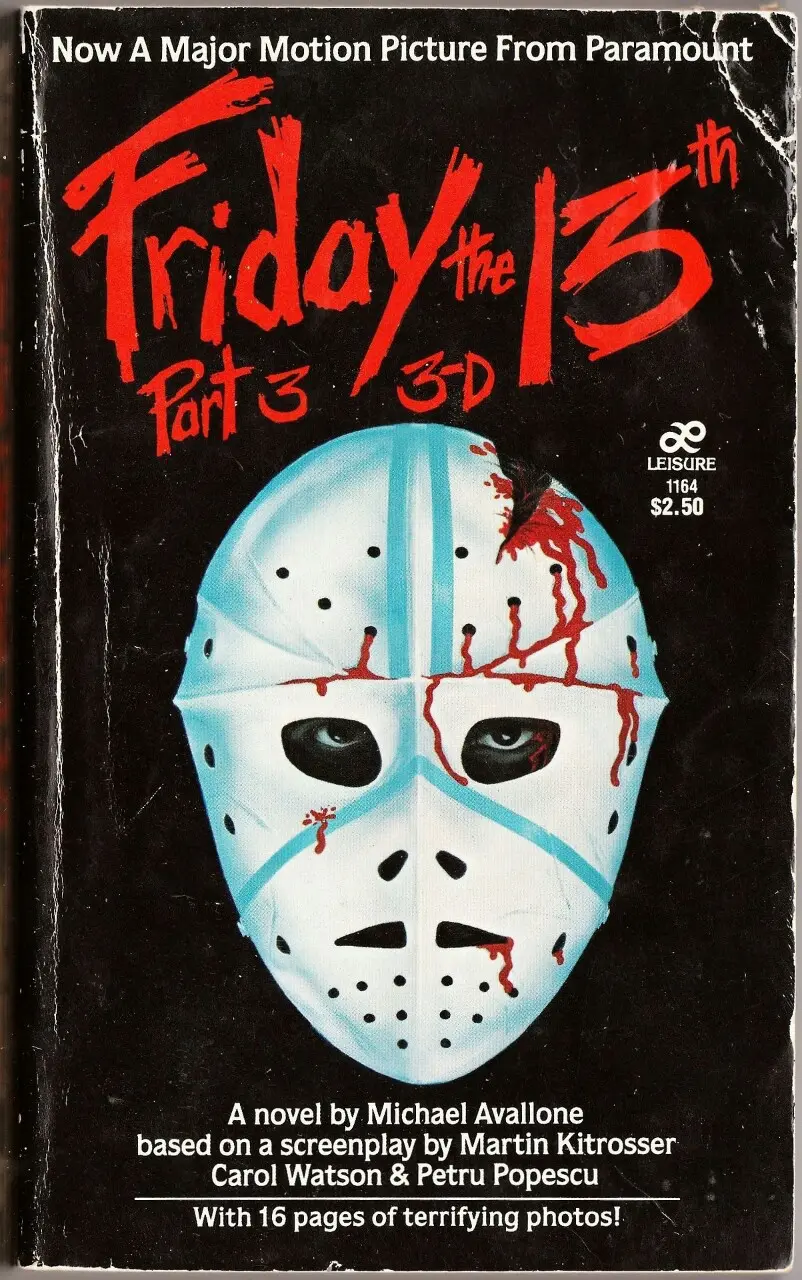
People are superstitious by nature, and they love to be scared. And what's scarier than a man in a mask with machete in hand? That's the question that has haunted us for 35 years now.
Read Column →May 4th, 2016

My second book came out this past February. The third is scheduled for October. I’m 36,000 words into the fourth. I just finished co-writing a novella with James Patterson. This is on top of running the class program here at LitReactor, and acting as Associate Publisher at MysteriousPress.com. Oh and I have a 15-month-old daughter. I’ve been busy.
Read Column →May 2nd, 2016

If you have a website there’s a fair chance you use WordPress as your content management system. After all it’s the most popular blogging system on the web and is used by more than seventy million websites (check out the stats here). One of my favorite WordPress features is the ability to customize and expand both the on-site and backend functionality and features of your website via Plugins.
Read Column →April 29th, 2016
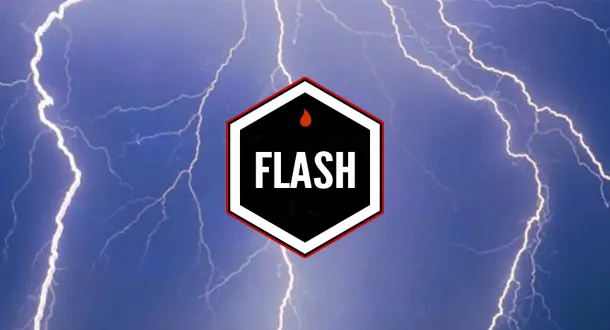
Flash fiction: A style of fictional literature marked by extreme brevity Welcome to LitReactor's Flash Fiction Smackdown, a monthly bout of writing prowess. How It Works We give you inspiration in the form of a picture, poem, video, or prompt. You write a flash fiction piece using the inspiration we gave you. Put your entry in the comments section. One winner will be picked and awarded a prize.
Read Column →April 28th, 2016

1. You Never Get A Cool ID Card When You Join A Book Club It took like 10 seconds to make this: Okay, it's not exactly high quality. And Bill Clinton is the signer, but hey, why in the hell don't you get a rad I.D. when you join a book club? How is that not a thing?
Read Column →April 28th, 2016
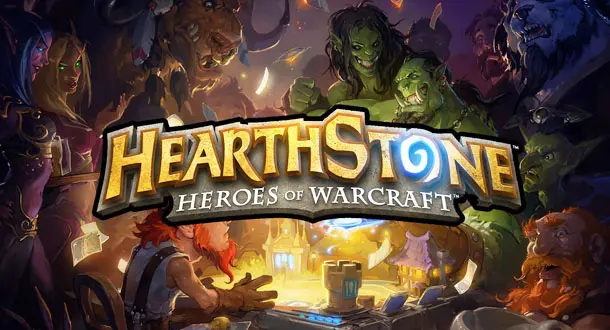
Hearthstone: Heroes of Warcraft is one of the most popular video games in the world. A free-to-play game available on nearly all computers, tablets and phones, where it entertains over 75 million players. It is frequently the most-streamed game on Twitch, and as of this writing a search for the title on YouTube returns nearly 3 million hits.
Read Column →April 27th, 2016
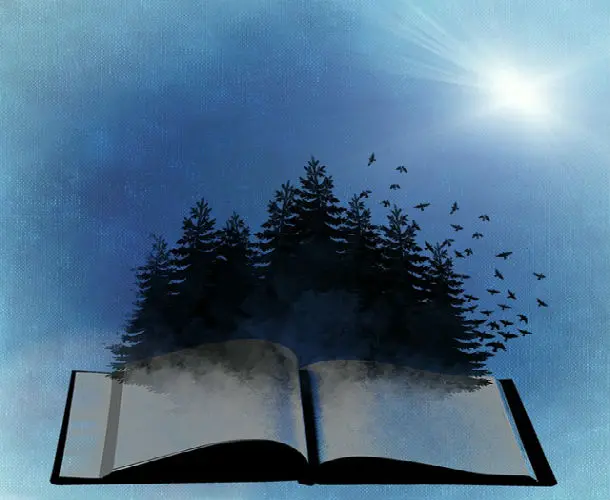
Books are born and die all the time. I'm not speaking of the cycle of creation that all writers know so well: the loop of ideas, draft, submissions, and eventual publication. I mean the physical lifespan of binding and pages. In celebration of Earth Day, I take a quick look at how much waste our beloved books create, and what happens when they are eventually left to rot in a garbage heap. Life First, some quick facts:
Read Column →April 26th, 2016
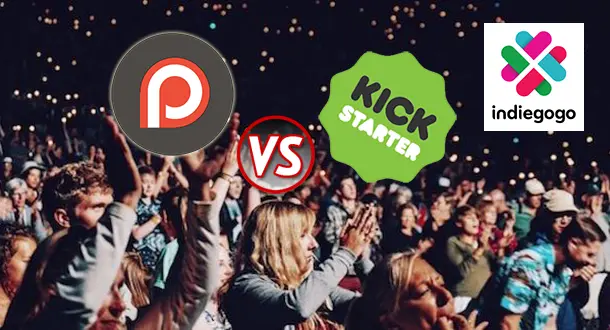
Crowdfunding sites like Kickstarter and Indiegogo have made a big splash in recent years, helping creative people raise funds for everything from videogames to unicorgis. But Patreon, the new kid on the fundraising block, may be the best platform yet for writers, and I'm here to tell you why.
Read Column →April 25th, 2016
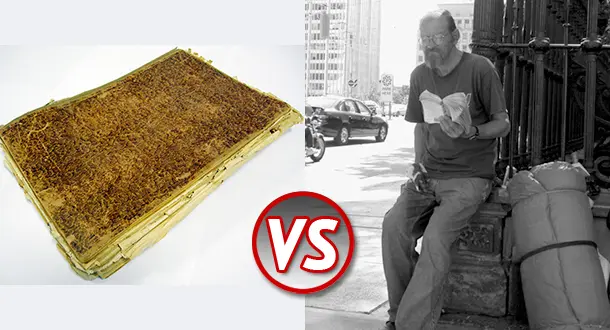
1. Neglect Isn’t a Thing Let’s face it- relationships are work, and boys especially need lots of care and tending, so it’s not always possible to step away for a few days or weeks and not lose momentum. I mean, who wants their boy toy to feel neglected? But with a book, there’s no worry about abandonment! You can put a book down in March and pick it back up in May and it will have been patiently waiting for you to return, with nary a sarcastic comment or cold shoulder. When you need time and space to just be, books are always better than boys.
Read Column →April 25th, 2016
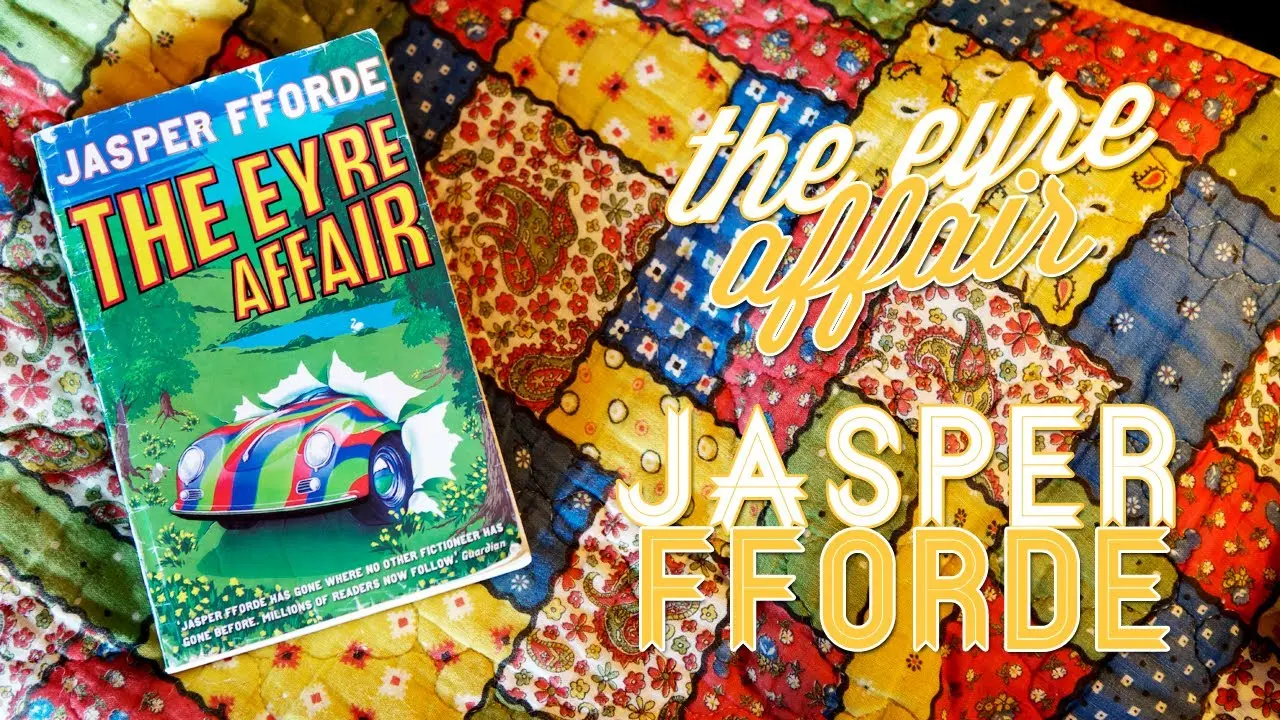
Many Harry Potter fans grew up with the character and his stories. The first book, Harry Potter and the Philosopher’s Stone was first released in 1997 and was an immediate success. Its 1998 release in the United States, under the title ...Sorcerer’s Stone, led to the 2001 film adaptation, and the subsequent seven sequels culminated with Harry Potter and the Deathly Hallows - Part 2 (the movie divided the book, released in 2007, in twain) a decade later.
Read Column →🎼
Tell us about your book, and we'll give you a writing playlist
Take our 1 minute quiz to find your ideal tunes.